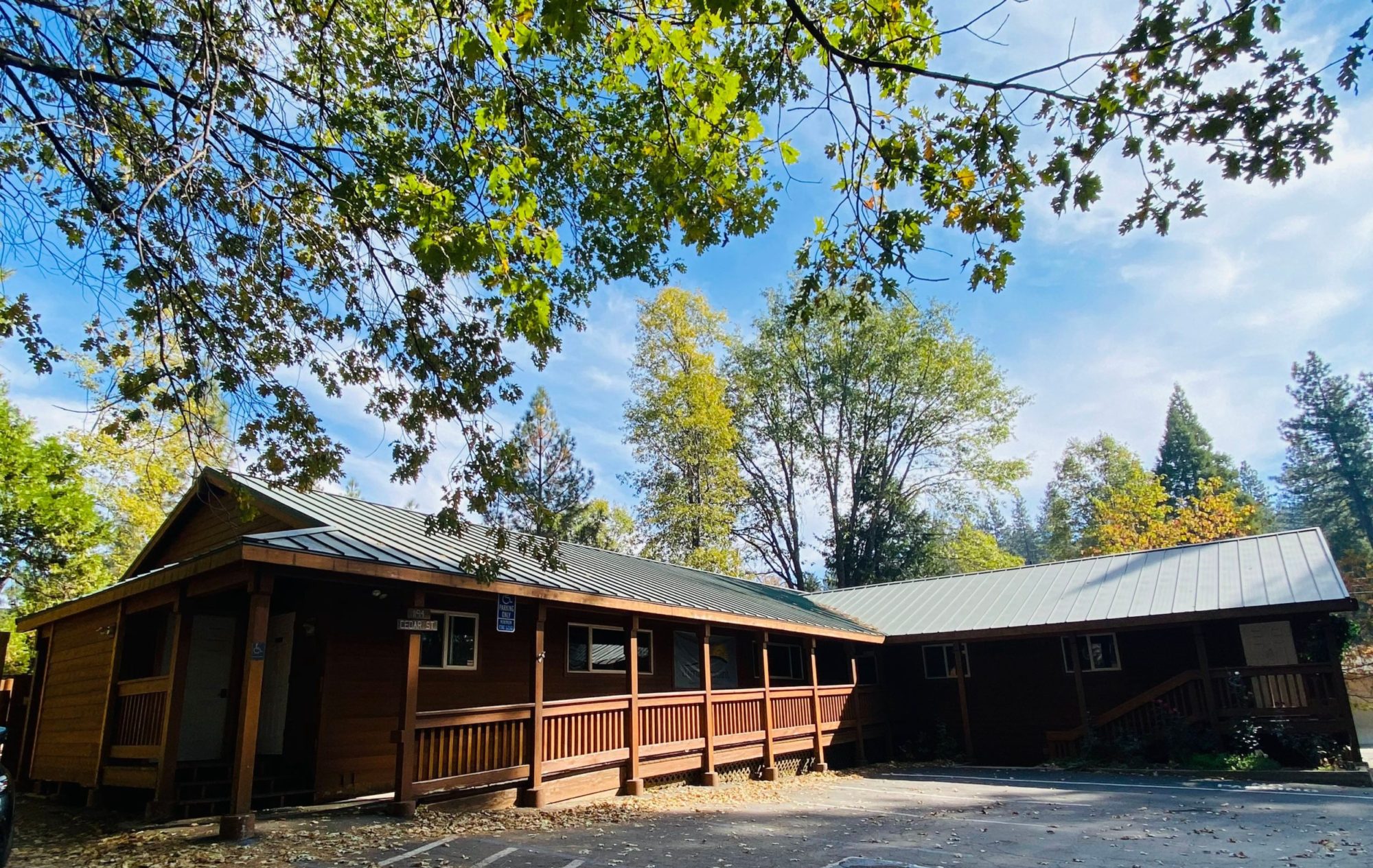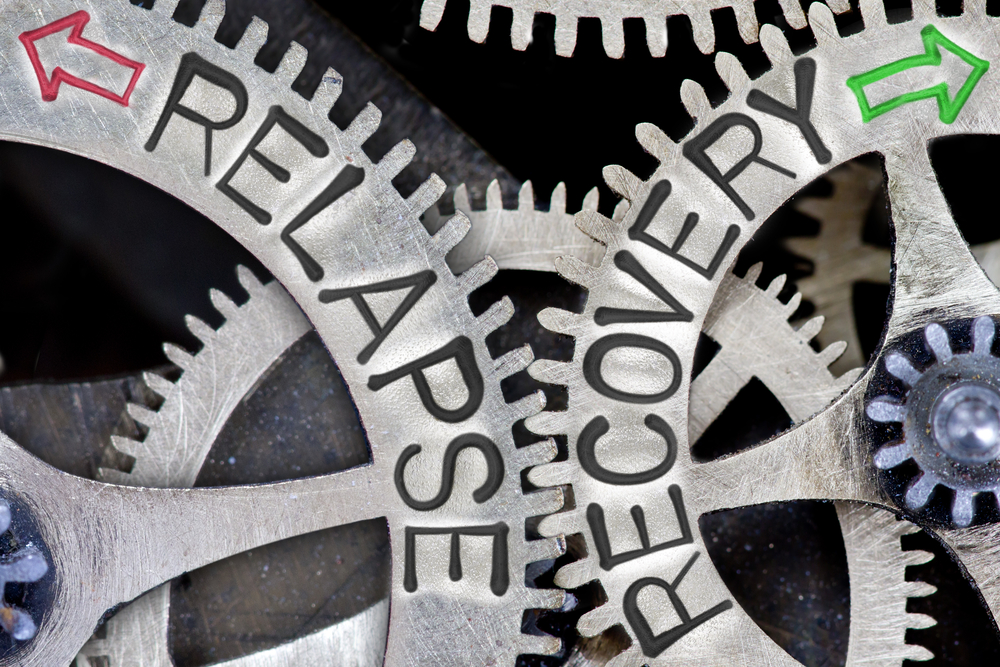Relapse can be a major roadblock on the path to sobriety. Therefore, if you are seeking to overcome addiction, it is vitally important to know everything that you can about relapse. Here are some of the first things that you should know about relapse.
Relapse can be very dangerous—even fatal.
This first thing you need to know about relapse is that it can be very dangerous—even fatal. For starters, relapse can mean a step backward into old habits, putting you back into the grasp of addiction and the health problems that come along with it. In addition, you are at higher risk of overdose when you relapse. The reason? Once your body has undergone detox from a particular substance, it does not have the same tolerance to that substance that it once had. So, if you were to take the same dose of a substance that you were used to taking during your period of addiction, your body could experience a type of shock, resulting in overdose.
If relapse happens to you, you are not alone.
Relapse is unfortunately common, with about 60% of those battling substance abuse returning to addictive behavior. Of those who do return to addictive behavior, about half do so within one week of becoming sober. All of this is to say that if relapse happens to you, you are not alone. Navigating the path to sobriety can be difficult, and that is why it is crucially important to seek help from others as you navigate that path.
You can reduce your chances of relapse.
Fortunately, there are steps that you can take to reduce your likelihood of relapse. Completing a residential treatment program is the surest way to reduce your risk. The right program will take an interdisciplinary approach to helping you overcome addiction, arm you with the tools necessary to stay on top of your sobriety, and help you transition smoothly back into life after treatment.
Relapse doesn’t have to be the end.
If you’ve experienced relapse, you should know that it does not have to be the end of your recovery journey. Your relapse can be a learning experience that you build into the foundation for your recovery. If you have undergone relapse, do not hesitate to contact members of your support system for help in getting back onto the path toward sobriety.


